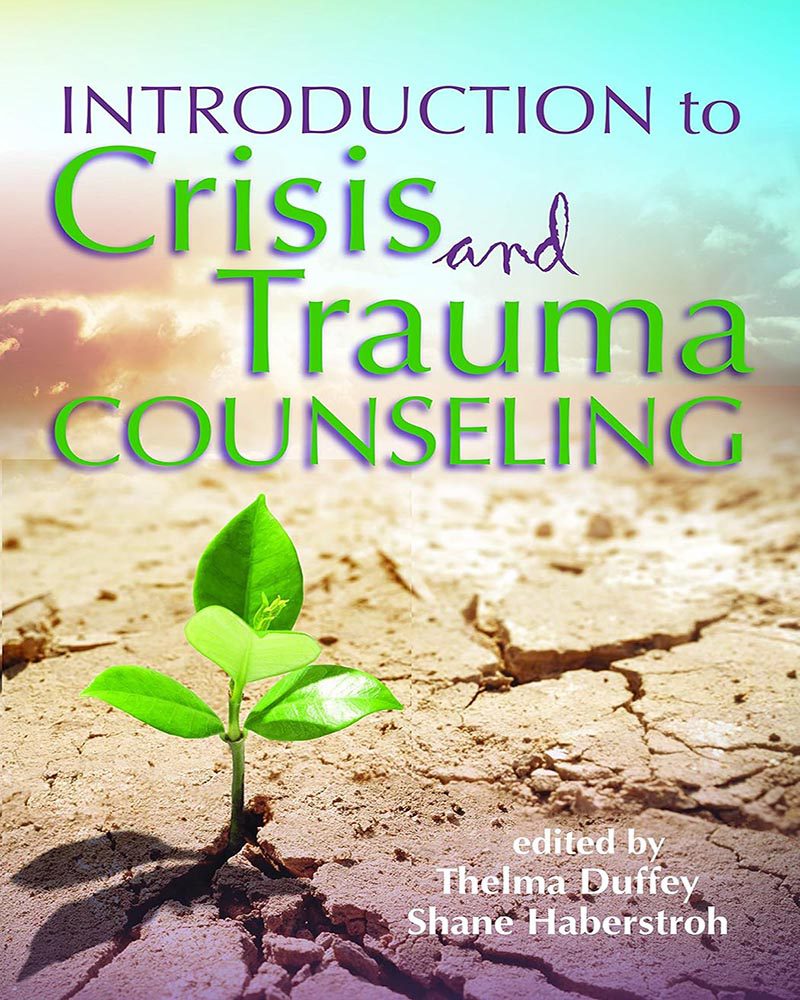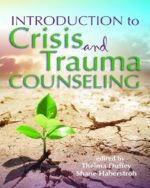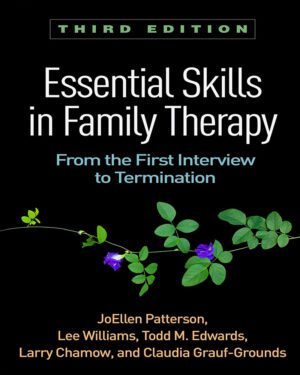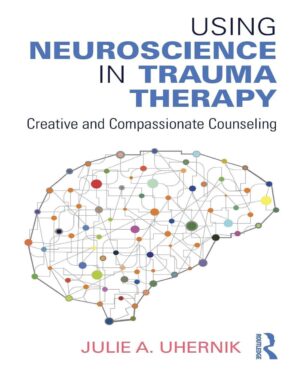This introductory text integrates evidence-based models and best practices with relational-cultural theory, which is responsive to the many forms of traumatic stress and tragedies that clients experience.
It is a unique contribution that emphasizes the power of the connections counselors form with clients and communities in crisis and the means by which counselors can intervene, inspire growth, and promote healing during times of tragedy and loss. Readers will gain vital skills as they learn real-life approaches to crisis work with diverse populations in a variety of settings, including individuals, families, communities, students, military personnel, violence survivors, and clients who are suicidal. The authors provide strength-based, trauma-informed applications of cognitive behavioral therapy, behavioral therapy, neurofeedback, mindfulness, and creative practices.
In addition, each chapter contains compelling case examples, multiple-choice and essay questions, and key topic discussion prompts to guide student learning and promote classroom discussion.






